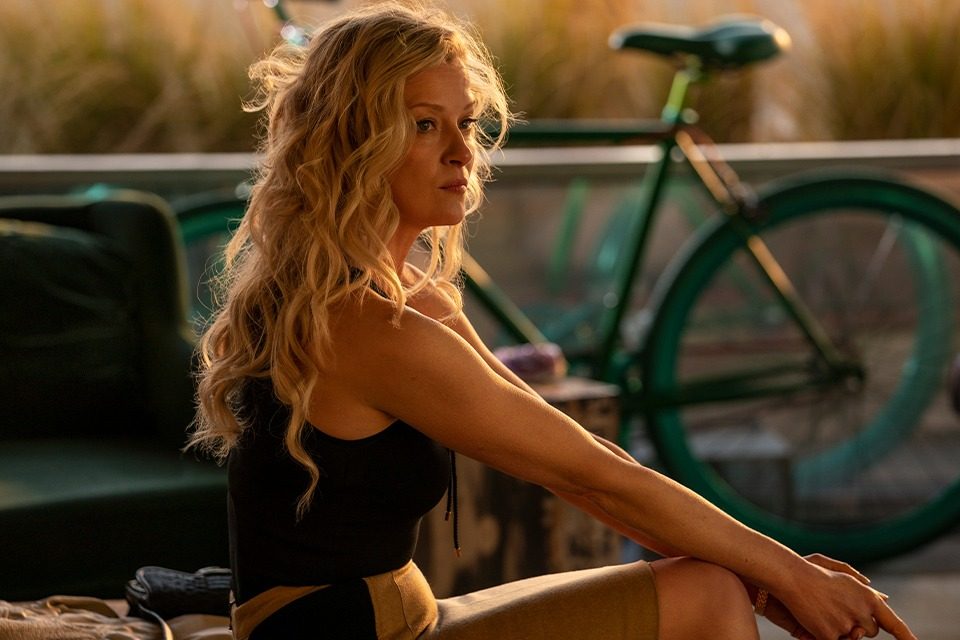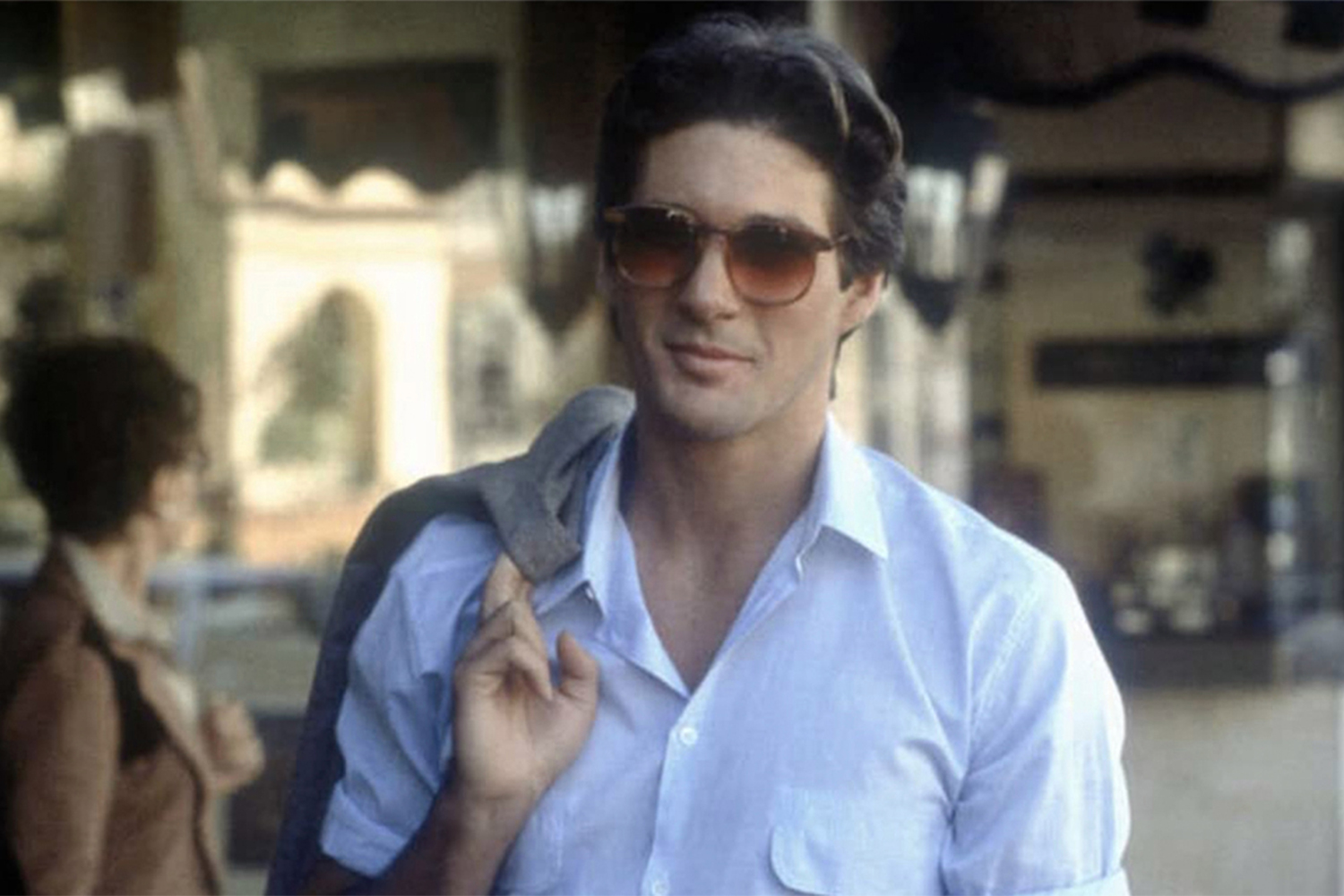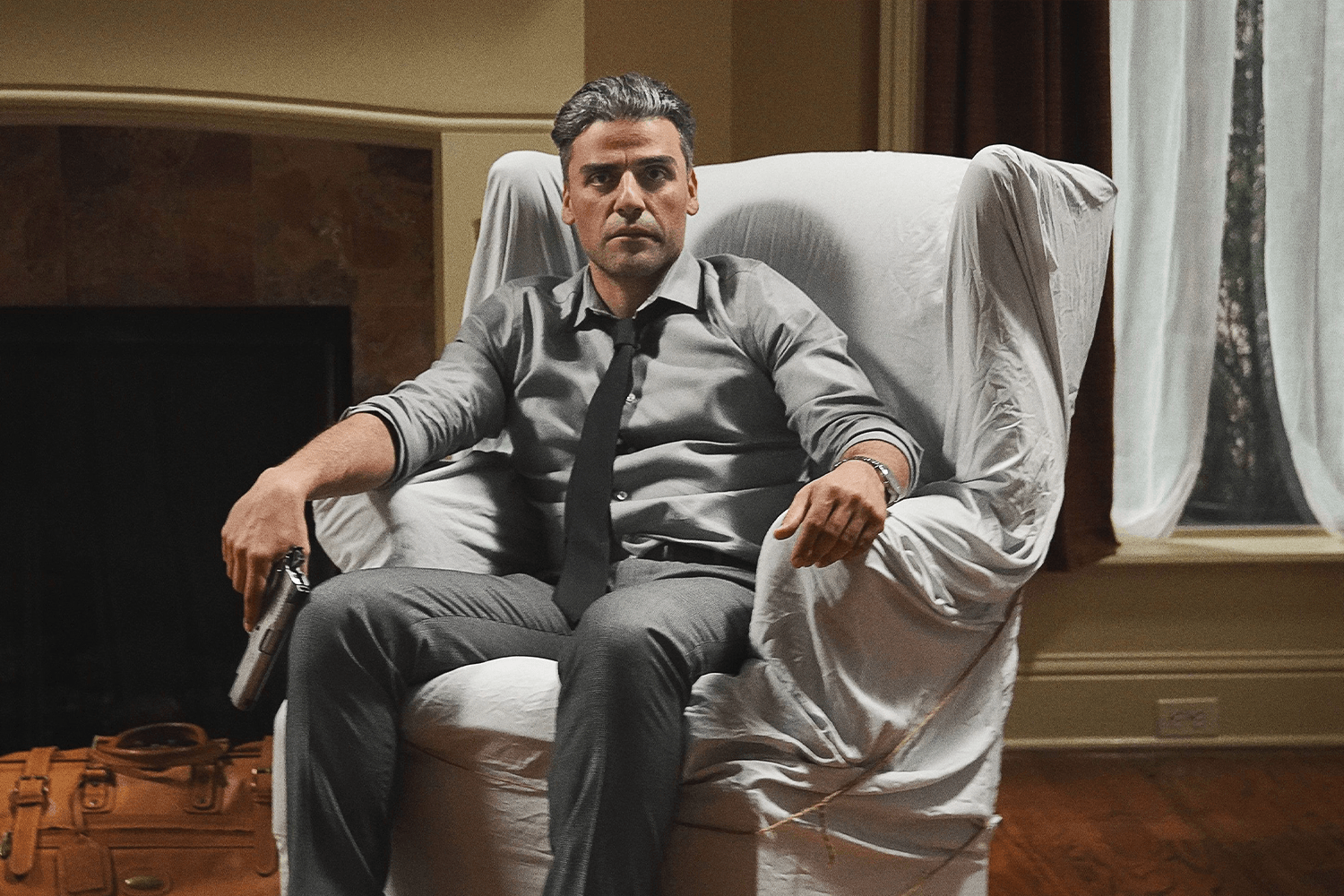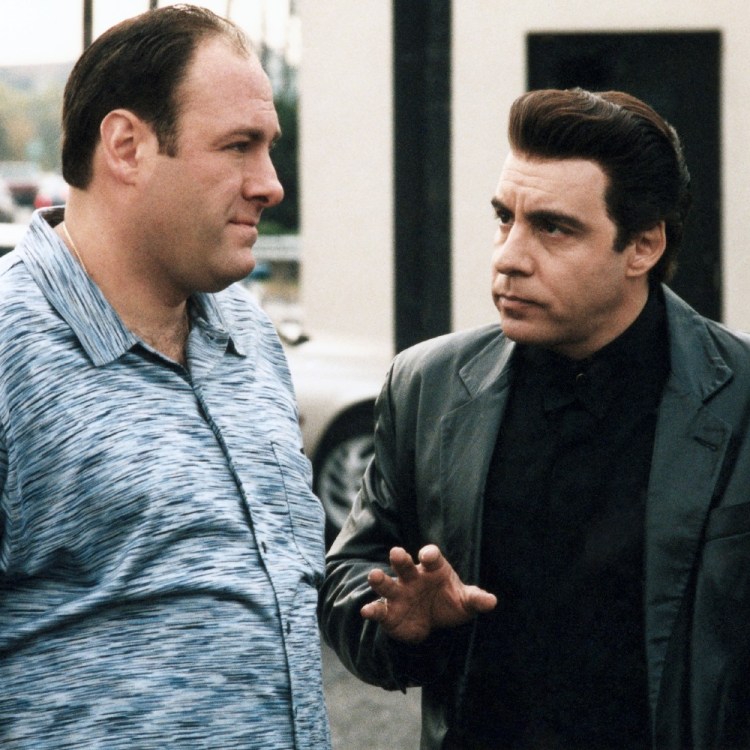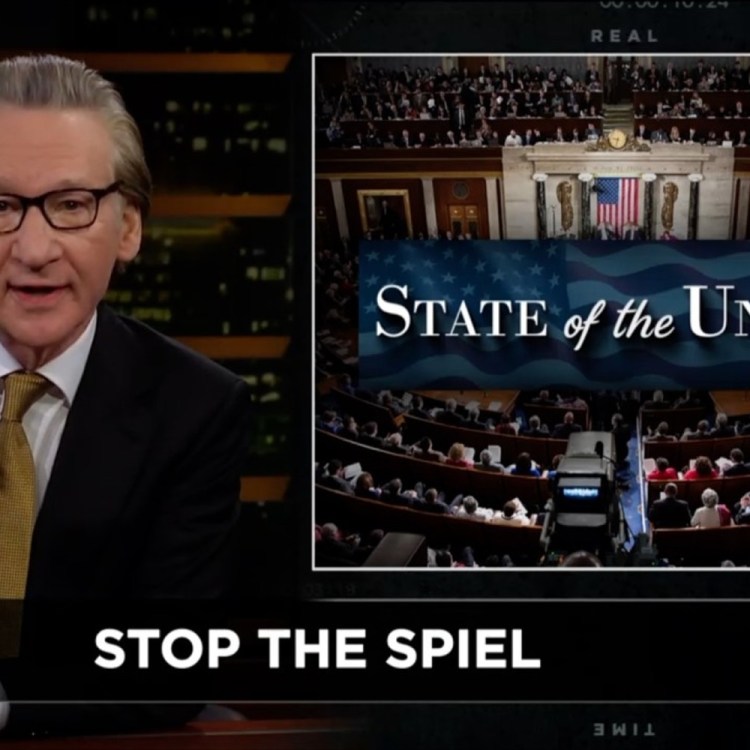Gretchen Mol has always had fine taste when it comes to picking TV and film projects.
The 49-year-old actress has starred in the likes of Donnie Brasco, Rounders, The Notorious Bettie Page, Manchester by the Sea and 3:10 To Yuma on the big screen, while her TV output has included Boardwalk Empire, Mozart in the Jungle and Yellowstone. Along the way she’s also worked with Spike Lee, Abel Ferrara, Woody Allen and Paul Schrader, each of whom utilized her elegant combination of glamour, strength and intelligence.
Mol’s latest role is something of a reunion with Schrader. American Gigolo, which debuted on Showtime on Sept. 9, is a contemporary version of Schrader’s hugely popular 1980 film of the same name, which starred Richard Gere, although the Taxi Driver and First Reformed screenwriter isn’t involved in the remake.
This time around, it’s Jon Bernthal who takes on the lead role of Julian Kaye, a former male escort who spends 15 years in prison for a murder that he didn’t commit. After a death-bed confession leads to his release, Kaye struggles to find his way in the modern-day Los Angeles sex industry, all while searching for the truth about the person who framed him. At the same time, Kaye looks to reconnect with his one true love Michelle, played by Mol.
InsideHook recently had the chance to sit down and talk to Mol about American Gigolo and the timeliness of its story, while she also broke down just how exciting and electrifying it is to work with Bernthal.
InsideHook: How did you get involved in American Gigolo?
Gretchen Mol: It was on my birthday actually that I got the call they were interested in me for the character of Michelle Stratton. They sent over the script. It was such a such a great read. Of course, I always read things for the character. But I was also just totally on a ride reading the script.
Was it always told in a non-linear fashion?
It was to some degree. Just in terms of jumping back and forth in time and the flashbacks. But we ended up doing it much more. It’s much more impressionistic. Which is actually really great. I mean, it’s a tough thing to maintain. But I really like it because it gives the show an emotional urgency. I think some of that was done in the editing, too. Once you get these actors, you realize you can play with time and memory, and you get things in the footage that weren’t on the page.
How did the script for American Gigolo compare to other scripts that you’ve read?
I read it during COVID. It was a funny time. I wasn’t really working. I had been home and hunkered down with everybody. So when the script came along it was — I hate to say fun, because there’s definitely dark elements to it — but it was just a ride that I thought would be fun to go on. I also loved its style, and I love the noir genre. I’ve always been attracted to that. You know, the mystery of it. I really wanted to jump into something that had a certain pace. That I thought would be exciting. At the same time, I was interested in the characters and I wanted to build on that, too. It was just all in there. It wasn’t the usual fare that I get, either.
Did you get that just from the script? Or did your conversations with the writers help you decide, too?
It was through our conversations and the scripts. Once we started the conversations of who Michelle is, why these two people are attracted to each other, how that blossoms and the baggage that they have, that was just very compelling to me. I was so excited about the idea of playing this woman.
What was it that attracted you to the character of Michelle?
I loved the idea of exploring a woman who’d had her future ripped away from her. She was in love with Julian, but she didn’t hire him. She meets him as a man. She knows who he is and what he does. And she’s okay with it. Most people would say, “Whoa, I’m gonna stay away from that. I’m not gonna get involved.” But she, psychologically, has some similarities to Julian. Because she ended up in transactional relationship with Richard Stratton that she can’t get out of. I think she’s sort of attracted to Julian because he is able to have these transactional relationships in a much purer way.
There’s an honesty to it.
There is an honesty to it. They see each other in a similar light. But he’s not lying. He actually does sort of love these people. His clients. That’s what makes him so successful. But I think in her relationship, there is a lot of dishonesty and shame.
Talk about working with Jon Bernthal. What makes him such a special talent?
There are so many things. He’s super smart, so collaborative and energetic. That’s what I love about him as an actor. He always brings so much energy to each role he plays. Plus he does great character work. The first time we did a scene together, we were at the Roosevelt Hotel. And just the way that he walked across the room, I could see that he’d created a whole character. He wasn’t resting on his own charisma. He really had a character there. There was so much physicality and thoughtful understanding. He’s such a very talented actor.
Were you a fan of the original movie?
I’m familiar with it. I’d seen the movie. Not when it came out. It was a little bit before my time. But I’m a Paul Schrader fan. I worked with him years ago on Forever Mine, starring Joseph Fiennes and the late Ray Liotta. It had some similar themes, too. I loved the original movie. But I was aware that we were doing something different. Especially by making it contemporary.
What makes the story so timely?
That’s a really good question. Well, I think we all live in this disjointed world. I think we’re all kind of feeling the effects of technology, and we’re wondering, “Is it actually a good thing or not?” I think so many people are grappling with that question in their own minds. Because there’s an addiction to all this stuff that we have. It hurts our ability to really communicate. What I really liked about the show is that, while it’s a noir thriller, this actually goes really into the characters and their backstories. It looks at his brokenness, how it happened, and explores how this is him taking back control from all the damage that’s been done to him. This is his way of surviving.
What do you want audiences to take away from the show?
It’s a piece of escapism that we don’t usually see. We don’t get a lot of shows like this anymore. What I love about the show is there is a darkness to it, but there are very real scenes about love, loss and abuse. But it is still a fun and stylish ride. I hope that there’s a good balance there and that people can enjoy it.
This article appeared in an InsideHook newsletter. Sign up for free to get more on travel, wellness, style, drinking, and culture.
